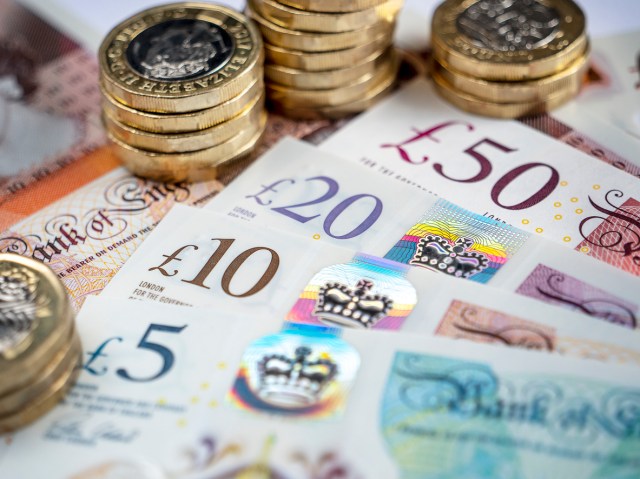How to set up a fast-food business: the basics

As with all businesses, it is important to know if you’re going into the right one, especially as today’s market can be very competitive. Starting your own business is not for the faint hearted and a lot of hard work, dedication and determination are needed in order for you to reap the rewards.
Positives include:
– Being your own boss and not having to answer to anybody else
– Financial reward
Negatives include:
– Giving up the security of your current employment
– The unpredictability of how your business will profit
– Competition stealing customers (and therefore profit)
1) What do I need to know about how to start a fast food shop?
Know your area – if the location of your shop isn’t in the right place, it doesn’t matter how well you manage it, as it’ll be a recipe for disaster.
Do your research – see what offers and what kind of produce your competition are providing. That way, you can work out what you want to offer to tempt custom away from them.
Train your staff – these are the people representing your business, so it is vital they have good customer service skills and are able to perform to a high level.
Advertise – promote your business so people know it exists. Nothing rings more true than the saying ‘‘you get back what you put in,’’ so if you’re prepared to work hard and commit most of your time to your new business, then you’ll be well on your way to having the best catering business in town!
2) What do I need to know about buying a restaurant?
Businesses don’t come cheap and a lot of money is at stake. Make sure you know the two tenures – leasehold and freehold – and decide which one you’re after:
Leasehold – these generally include fixtures and fittings and an established trade. Something known as the lesse holds the property for a fixed number of years in accordance with the terms of the lease.
Positives:
i) The price is much lower than freehold
ii) A leasehold agreement requires a much lower cash investment. With these cheaper costs, it is easier to start a trade
iii) Leaseholds are often easier to sell too, as they are more affordable
Negatives:
i) Leases are usually quite complicated
ii) They offer little or no security for banks so it can be difficult to borrow to purchase a lease
iii) You will never own the building
Freehold – these usually require a large cash investment because of their value and cost.
Positives
i) You will eventually have full ownership of the building
ii) If there is living accommodation with the business, even if it sadly all goes wrong, you still have a property
iii) They are more popular with potential buyers
Negatives
i) The money needed to buy a freehold will limit funds which could have been put to use elsewhere within the business
ii) You can only buy a freehold if you have the necessary funds from banks or personal holdings
3) What do I need to know about running a fast food shop?
It may seem dull and boring, but it is important to sort out the practical side of the business to make sure you have a shop that is successful long-term.
Energy bills – use a good supplier that can offer competitive prices and keep an eye on how long you will be open, as this will affect how much energy you’re using. Take into consideration the use of fluorescent lighting inside the shop as well as out.
Protection and security – the shop needs to be kept secure when it is open and closed. Using shutters will prevent any unwanted break-ins; however, this could cost you more in insurance. Setting up an alarm is not only crucial for your shop’s safety and protection from theft, but also vandalism and fire damage. Installing a camera is also a great way to monitor who is coming to and going from the business premises. Food waste – with a food business comes a lot of waste. Use a collection service instead of residential bins, as if caught, you will be fined.
Maintain equipment – always make sure you have equipment in good working order, so regularly check them, especially fridges and freezers which are in constant use to hold stock.
Owning a fast food shop is extremely rewarding; just make sure you do it right!
For more information on what to consider when setting up a fast food business read: Start and Run a Fish and Chip Shop or Burger Bar (How To Books) by James Kayui Li.







